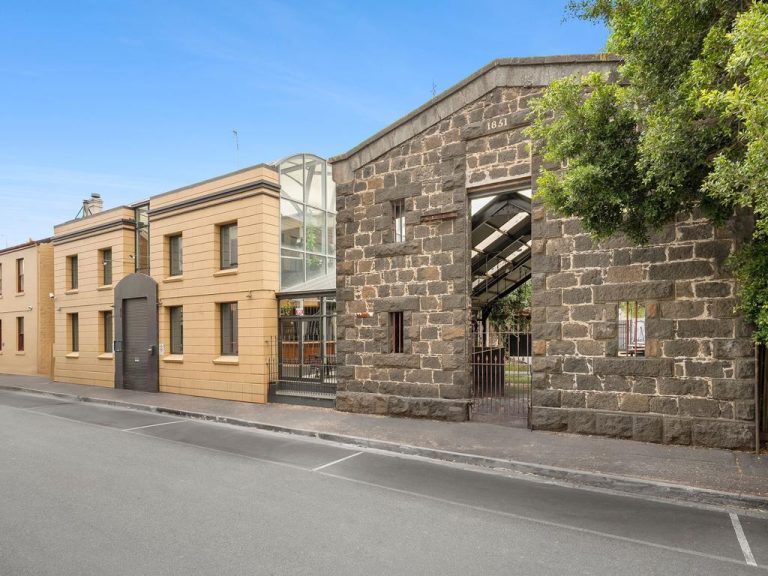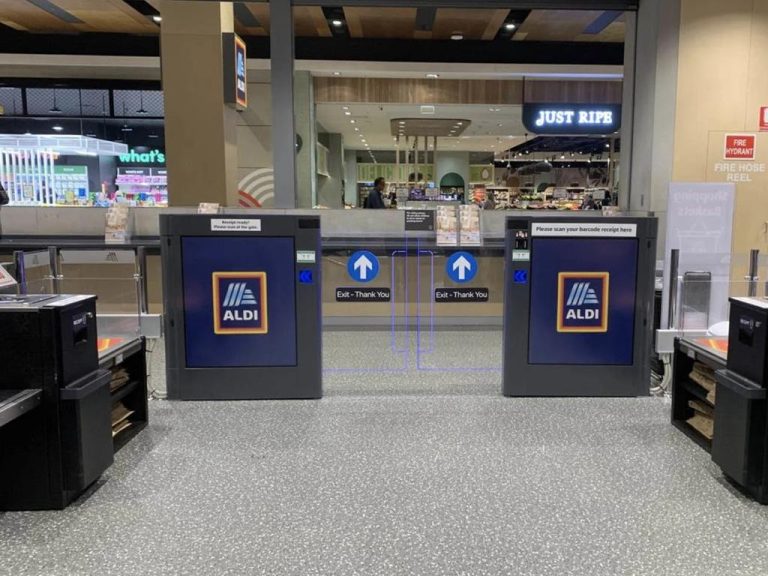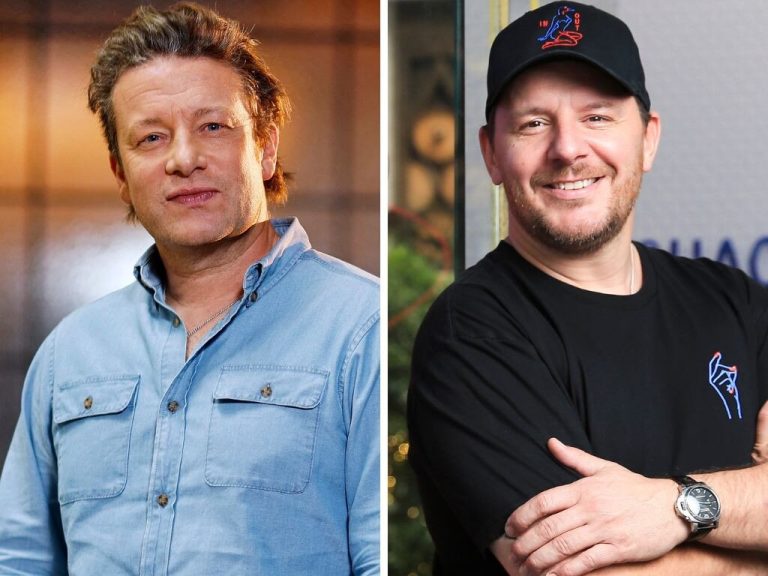‘Vinyl has never gone out of fashion’: The independent record stores defying the digital age
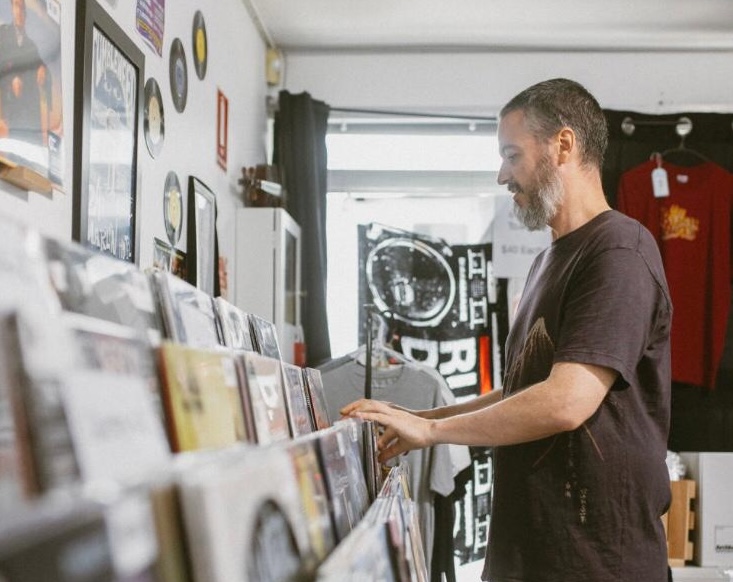
In the coming year, Dixons Recycled Records will celebrate its 50th anniversary, making it one of the oldest record stores in Melbourne.
It’s an impressive feat for any independent retailer, particularly one operating in a volatile industry now largely dominated by streaming behemoths like Spotify and Apple Music.
Founded by music obsessive David Dixon, his fledging business began as a jukebox-for-hire start-up in the mid-1970s.
“My brother owned a bunch of pubs in Melbourne, so I had the idea of filling up a jukebox with rock and roll records from the 1950s and 60s and sticking it in one of his lounges,” Mr Dixon recalled to realcommercial.com.au.
“It started pulling in $40 a week, which was more than half my wage as a videotape editor at Channel 9 at the time.”
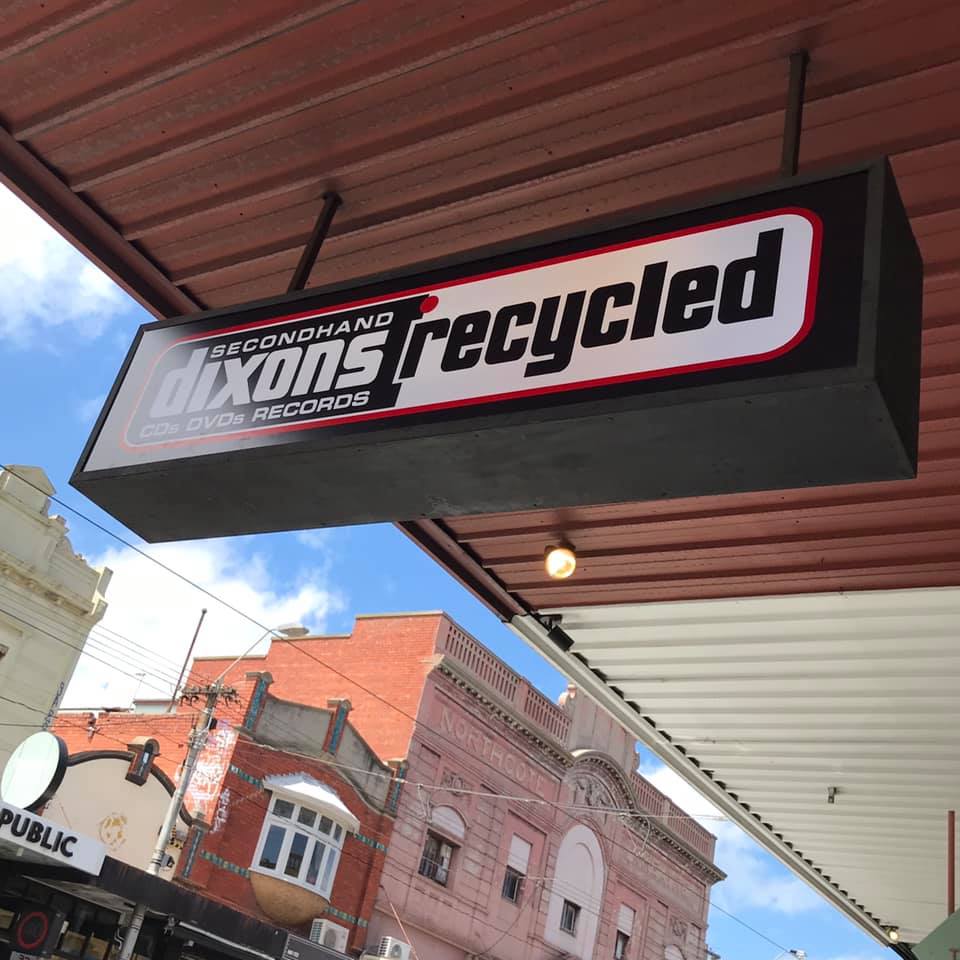
Dixons Recycled Records is one of the oldest record stores in Melbourne. Picture: Supplied
As demand for David’s specially curated jukeboxes grew within Melbourne pub land, so did his record collection, amassing thousands of old vinyls. Recognising their lucrative potential, David opened the first Dixons Recycled Records in 1976 in the suburb of Blackburn.
“I made my rent in the first day of trading and I was pretty happy with that,” he said.
“There was no Spotify in those days, no back catalogue of music, so the only way people could get a song they really wanted was to buy it second hand on vinyl. After three years I went full time with the business and hired staff.”
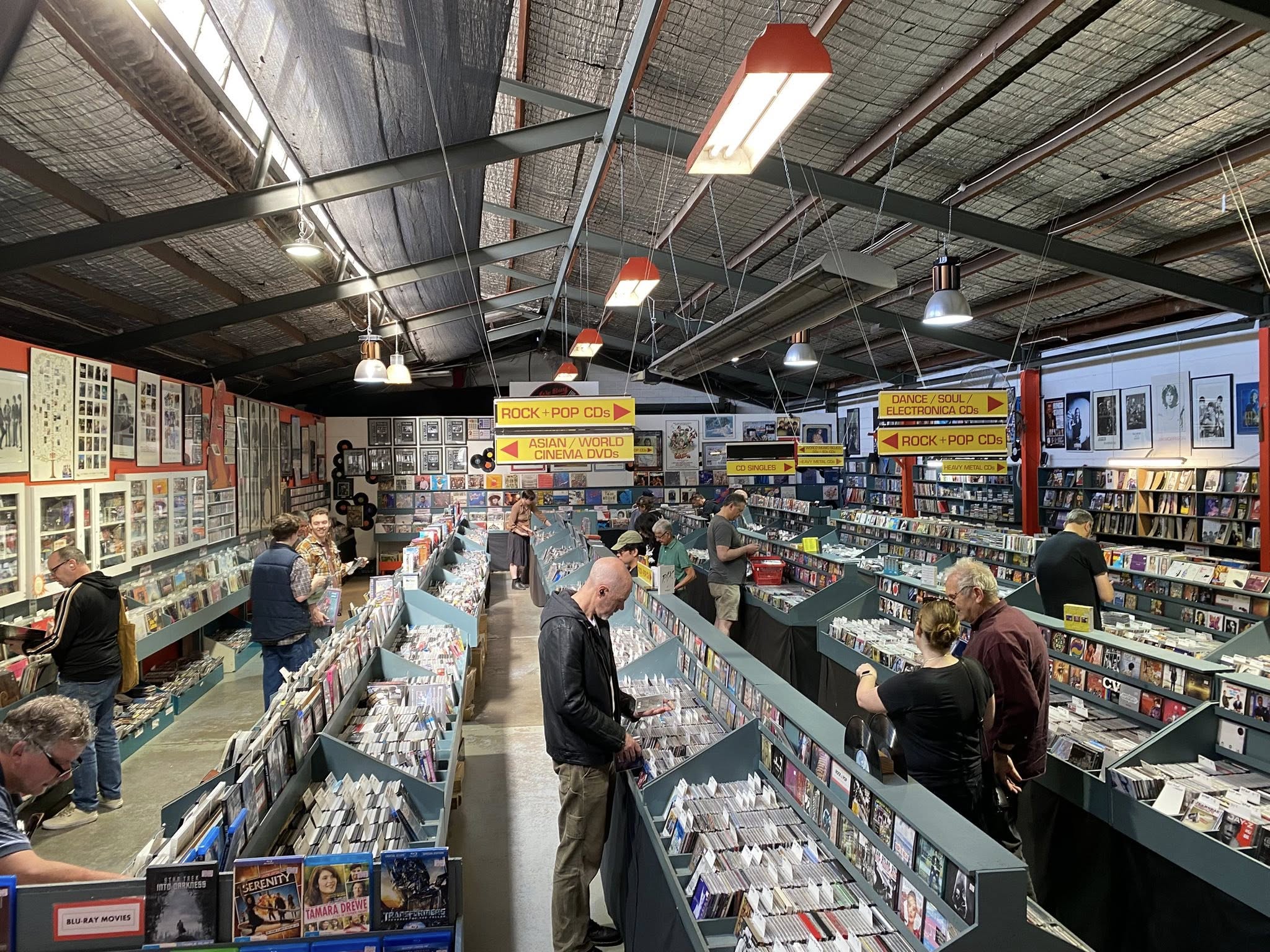
At its peak, the record store operated across five locations before scaling back to two. Picture: Supplied
Dixons soon expanded to five locations across Melbourne. The 1980s proved one of the most successful eras for the business, even as many independent retailers struggled in the wake of emerging chain megastores like HMV, Leading Edge and Brashs.
“Those chain stores would buy huge amounts of old records, get sick of not selling them and then sell them onto me,” Mr Dixon chuckled.
Conversely, one of the most challenging periods was the implementation of the Goods and Services Tax (GST) in 2000.
“I figured one day when I had enough shops I could sit back and reap the rewards, but GST knocked that on the head. It was no longer as profitable when I had to pay 10% off the top, so I had to downsize.”
Today, a half-century since its inception and with two locations in Fitzroy and Northcote, how is a physical music retailer like Dixons still thriving in the age of digital streaming?
“Because vinyl has never really gone out of fashion,” David remarked. “People would say to me, ‘How are you feeling about the new revival?’ And I say, well, it’s never been a revival for us. We started in vinyl and have always been strong in vinyl. And it’s only getting more popular.”
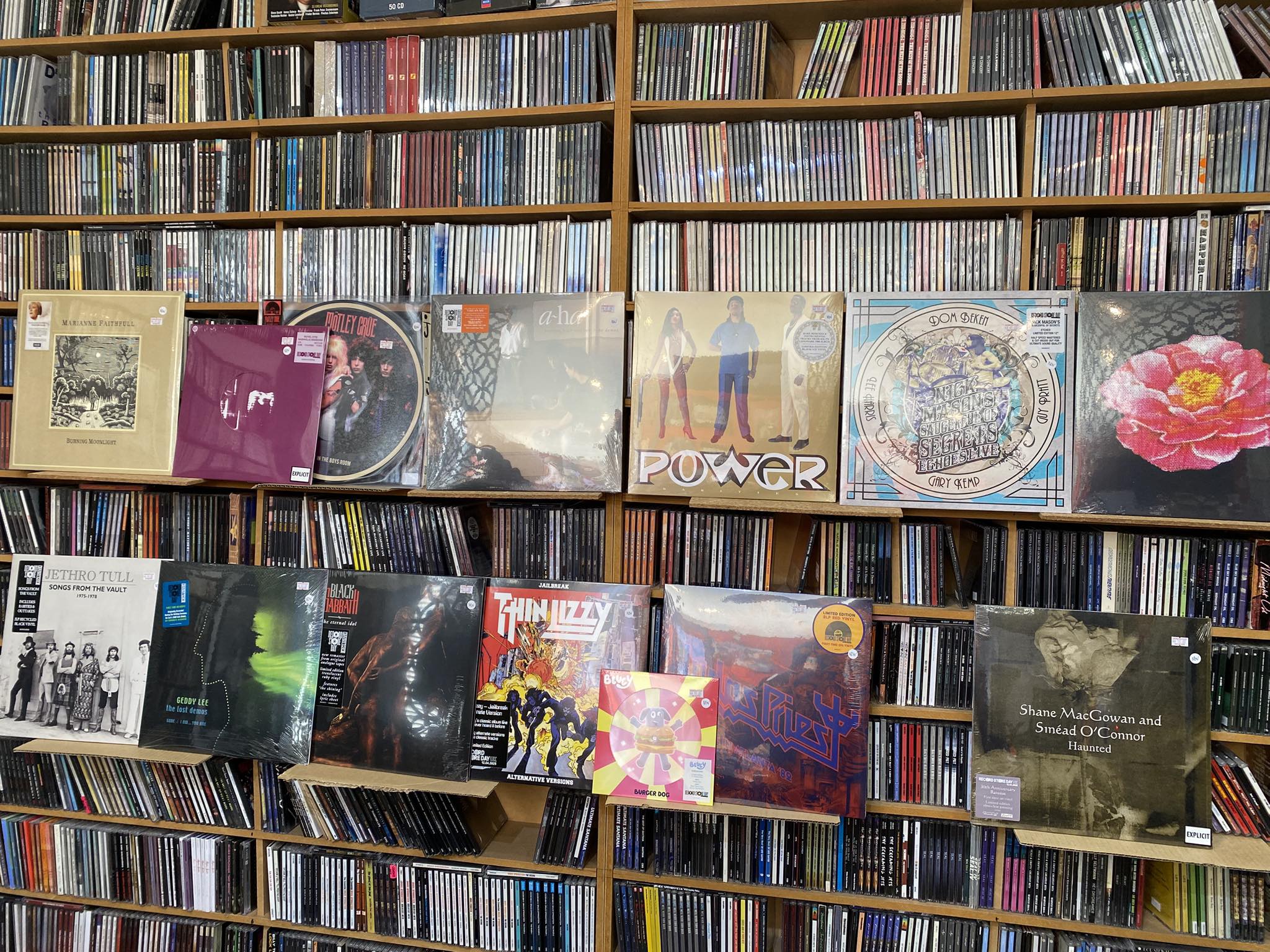
The tangible nature of vinyl remains popular in the streaming era. Picture: Supplied
Data released in March by the Australian Recording Industry Association (ARIA) highlights Australia’s ongoing love affair with vinyl.
In 2024, vinyl album sales generated approximately AUD $44.5 million in revenue, marking a 5.6% year-over-year increase in dollar terms, even as unit sales dipped slightly by 0.5%. Vinyl also accounted for nearly 73% of all physical format sales by value and 45.7% by volume.
Mr Dixon said music enthusiasts appreciate the tangible nature of vinyl, even if it requires a bit more effort.
“Here’s my comparison of vinyl to digital streaming. Let’s say you have an open fire and it’s going crackle crackle and you’re doing all this work by putting in the wood and keeping it alight. There’s a unique warmth and ambience to that fire, right? It’s a different experience to pressing a button and turning on your central heating.”
An independent ecosystem
Repressed Records, an independent retailer based in Sydney for over two decades, continues to thrive in the digital era by offering new and used vinyl, tapes, CDs, and books.
Originally established in Penrith in 2002, the store relocated to King Street in Newtown in 2008, where it has become a vital part of the local music scene.
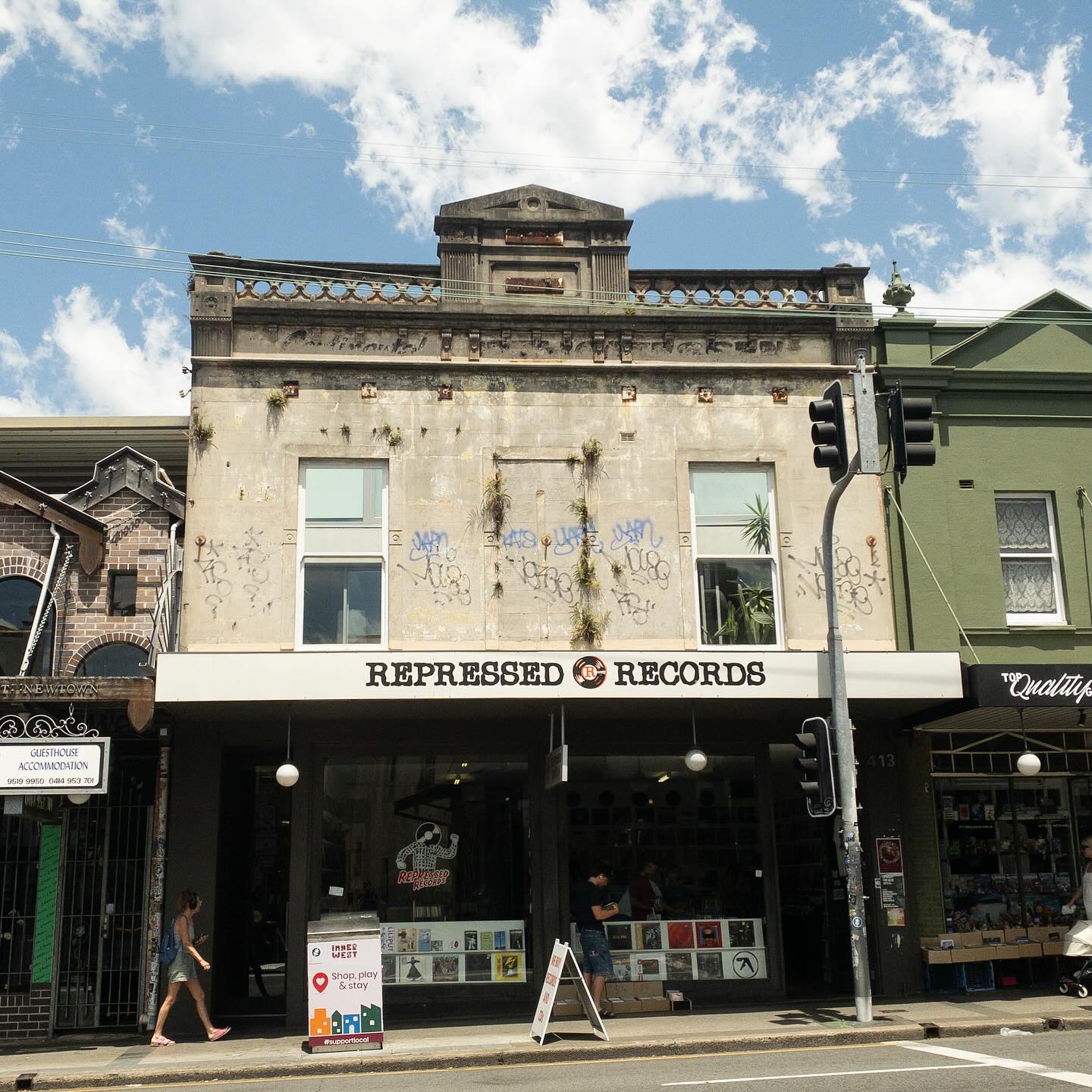
Repressed Records’ store in Newtown in Sydney’s inner west. Picture: Supplied
Co-owner Nic Warnock, who has been with Repressed since its inception, credits the store’s enduring success to its championing of local and emerging bands.
“Every year, our biggest selling item is usually a local band that has absolutely no presence anywhere else. They’ll be very specific to us and not a big seller for anyone else in Australia,” Mr Warnock told realcommercial.com.au.
“That’s the result of an ecosystem and infrastructure we have fostered by supporting local music, which I think proves how things can happen in your own backyard without the need for some kind of ‘higher authority’ telling you something is good or valid. We can collectively make the decision ourselves regarding what is important in our own music culture.”
By collaborating closely with independent labels, distributors, and the artists themselves, Repressed has assisted numerous Aussie acts in gaining traction or making their leap – from Eddy Current Suppression Ring and Royal Headache to more recent names like Tee Vee Repairmann and Low Life.
“I would say compared to other record stores that have popped up in recent years, which perhaps have more of a pop culture kind of focus, we are a living, breathing continuum of what I think is the more valorised identity of the independent record store – a hub for independent music culture,” Mr Warnock said.
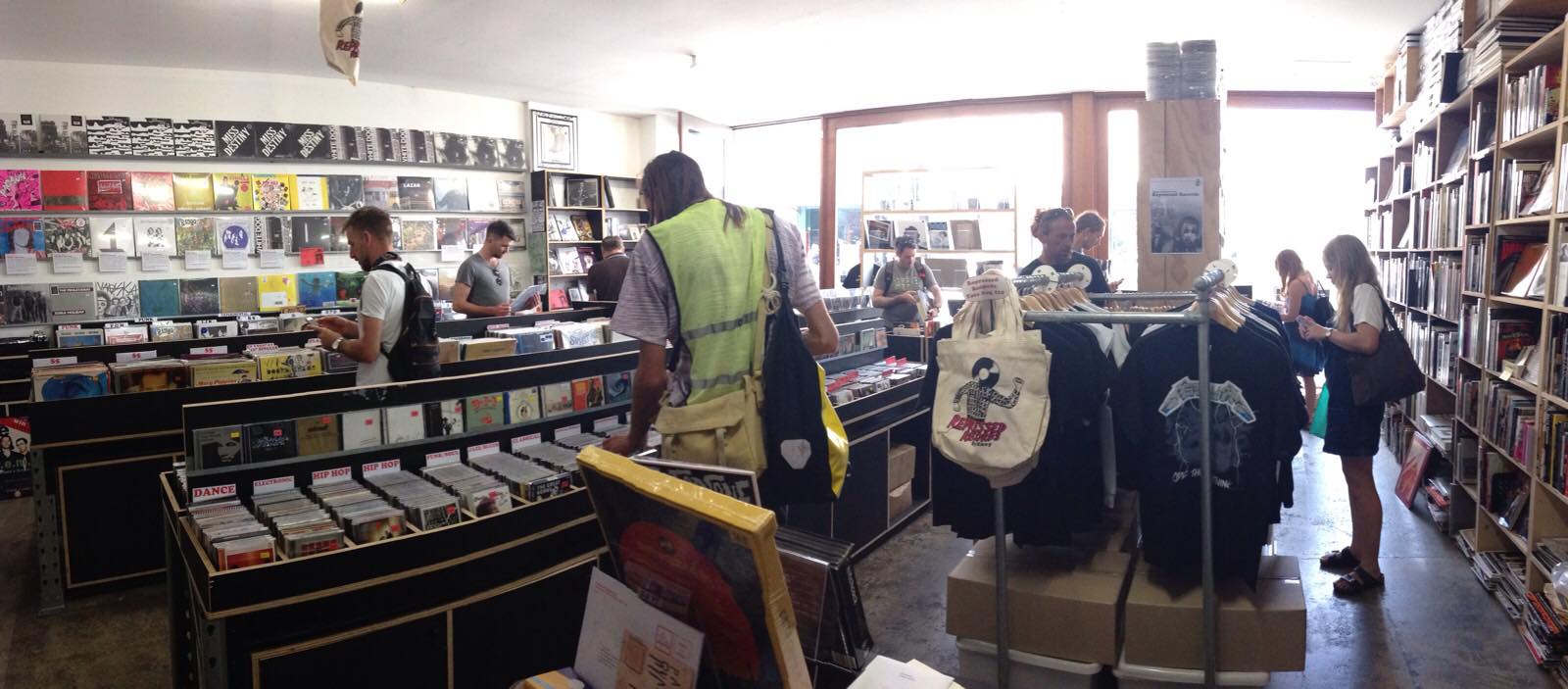
The co-owner of Repressed Records credits the store’s success to its championing of local and emerging bands. Picture: Supplied
When discussing the differences between vinyl and digital streaming, Mr. Warnock described physical formats as “an active, not a passive” listening experience.
“There’s a lot of distraction when it comes to consuming music online – it feels like music made for social media. I think the longevity of physical mediums comes down to people wanting a degree of intimacy and a more engaged listening experience. That’s what people are seeking out.”
While vinyl consistently ranks as the top seller at Repressed, Mr. Warnock has also observed a resurgence in CDs.
“We’ve noticed more people buying CDs in our store, especially in genres like metal and experimental music. It’s more affordable. They still want that physical experience, but they want it to cost half as much.”
Brick and mortar survival
Despite the success stories and the resurgence of vinyl in the last ten years, numerous physical record shops have not fared as well as Repressed and Dixons.
Industry data suggests that over 60% of independent record stores in Australia have closed since the early 2000s, with more than 40% of vinyl-focused shops shuttered between 2015 and 2025.
Among the notable closures are Lawson’s Records in Sydney, which shut down in 2019, and Polyester Records and Basement Discs in Melbourne, which closed their doors in 2020 and 2023.
Spin & Groove Records in Brisbane also shut its physical location in May this year.
Owner Damien Brown said his modest shop in Newstead enjoyed a promising start, until the rising cost of living started to have an impact.
“Newstead is a rapidly growing suburb that’s starting to get pretty expensive, so my thinking was people in the area would probably have some money to spend on records, and it turns out they did. The store managed to look after itself for a little while and then from around January to March everything just died. People stopped spending money and I could no longer afford the rent.”

Spin & Groove Records owner Damien Brown. Picture: Supplied
Mr Brown continues to operate Spin & Groove, albeit as an online business.
“I still get regular customers buying records from me who used to shop at the store, because they know I can get them a good price or source a specific title directly from a label,” he said.
Mr Brown said he may consider reopening a physical store in the future, but is currently focused on maintaining operations online.
“There are plenty of buyers around the world searching for all sorts of titles. Just the other day someone bought a Huey Lewis & The News album from 1986, which had been sitting around for months. There’s always the right person looking for the right album. And when they find it, they’re willing to pay for it.”

